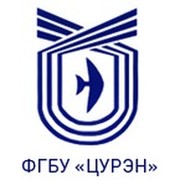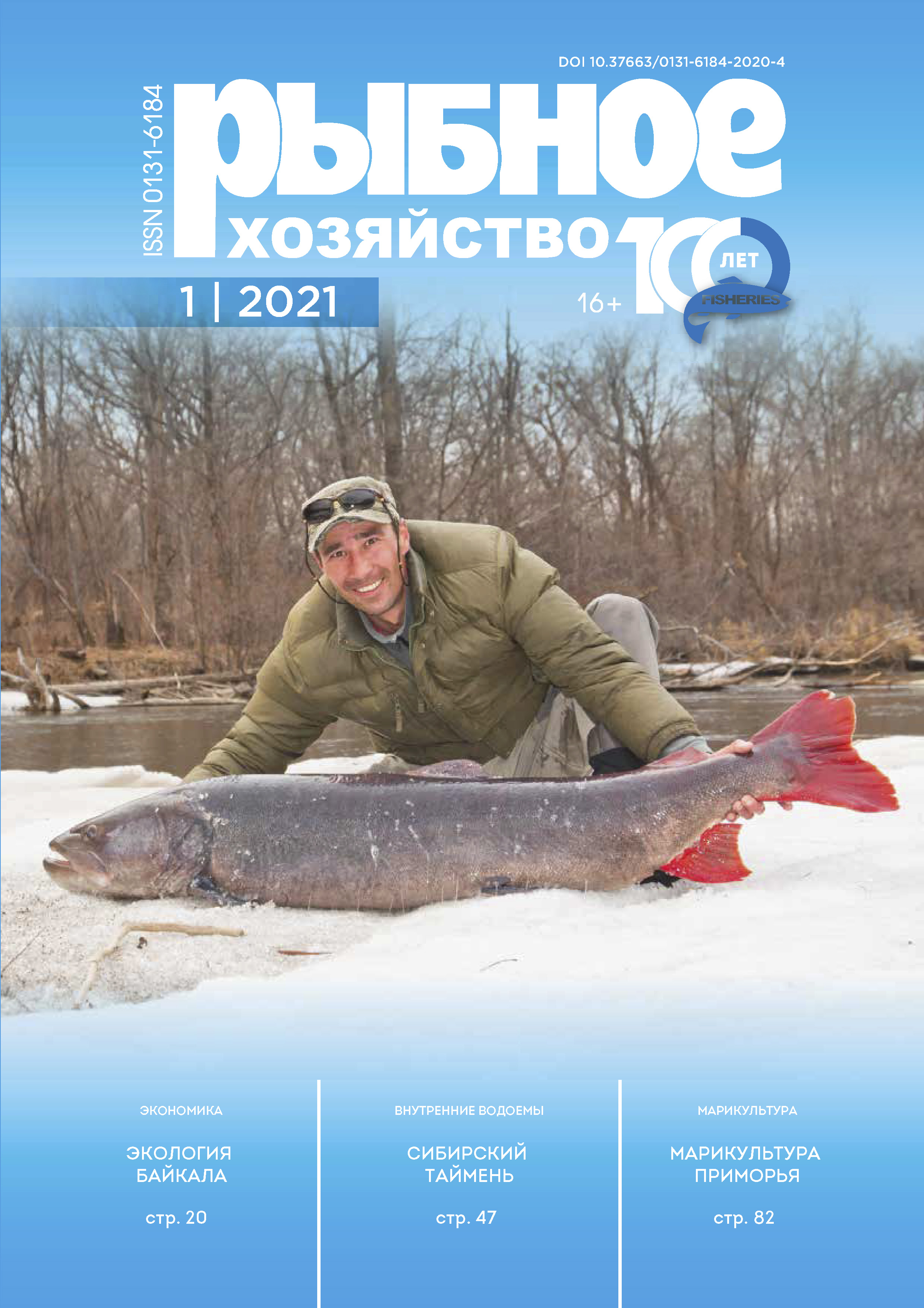Russian Federation
Russian Federation
Russian Federation
Russian Federation
Russian Federation
Russian Federation
UDC 63
CSCSTI 69.09
Russian Classification of Professions by Education 06.07.01
Russian Classification of Professions by Education 110000
Russian Library and Bibliographic Classification 472
Lake Baikal is the largest fresh water reservoir of our planet and a unique natural site included in the UNESCO World Heritage List. Meanwhile, Baikal is not only Russia’s largest freshwater fishing reservoir. Large-scale commercial fishing started here at the beginning of the 19th century and, with small breaks caused by bans imposed on industrial fishing due to depletion of valuable commercial fishery species stock, continued until October 2017, when once again restrictions in the fishing industry were imposed. One of the reasons for this was the increasing of the illegal unreported and unregulated fishing which led to depletion of harvestable stock of omul. However, these restrictions neither eliminated extensive unreported fishing, nor solved the problem of rapid fish stock rebuilding in the unique lake. Using methods of mathematical analysis and modeling this article examines factors facilitating breach of law in the fishing industry and unreported fishing for Baikal omul. The article provides a brief characteristic of the Baikal oldest Malomorsky fishing area as well as an eco-economic assessment of the possibility to rebuild the fishing stock within this water zone taking into account the increasing tourist flow in the Baikal region.
Baikal, Baikal natural area, Baikal omul, Maloye More, mathematical modeling
1. Argunova Yu. Yu. History of fisheries of the Baikal region1900-1980: dissertation ... Candidate of Historical Sciences 07.00.02. - Irkutsk, 2016. - 250 p.
2. Bazov A.V., Basova N. V. Selenginsky population of Baikal-Omul: past, present, future. /A.V. Bazov, N. V. Basova-Buryat Scientific Center SB RAS, 2016. - 352 p.
3. Degtyarev V. A. Distribution of omul (Coregonus Autumnalis Migratorius) in different areas of lake Baikal on acoustic data. / V. A. Degtyarev, p. P. Sherstyankin, N. G. Miller - No. 152. // Proceedings of scientific-research fisheries center Pacific, 2008. - P. 58-63.
4. Kozhov M., Misharin, K. (1943). Biology of fish and fishing in the Small Sea. / M. Kozhov, K. Misharin-Irkutsk: Irkutsk Regional Publishing House, 1943. - 51 p.
5. Kudryavtsev V. I., Dzyuba E. V. Hydroacoustic accounting of Baikal omul resources. Reference books and determinants on the flora and fauna of Lake Baikal. / V. I. Kudryavtsev, E. V. Dzyuba-Novosibirsk, Nauka, 2009. - 243 p.
6. Mamontov A.M. Assessment of the total catch of omul in Lake Baikal. // Geography and natural resources. - 2009. - No. 1. - pp. 5-80.
7. Potapova E. V. Harmonization of recreational opportunities and growing tourist flow in the Baikal natural territory. / E. V. Potapova, Ya. A. Sukhodolov // Izvestiya Baikalskogo Gosudarstvennogo Universiteta. - 2019. - Vol. 29, No. 1. - From 7-17.
8. Smirnov.V. V. Smirnov, N. S. Smirnova-Zalumi, L. V. Sukhanova, A. I. Blagodetelev On measures to preserve the resources of the Baikal Whitefish omul Migratorius. - 2015. - Vol. 4, No. 8. - pp. 42-48.
9. Sukhodolov A. P. Baikal region as a model territory of sustainable development. // Proceedings of the Irkutsk State Academy of Economics, 2010, no. 4, pp. 103-108.
10. Sukhodolov A. P. Mathematical modeling in the study of the complex of determinants of illegal fishing of aquatic bioresources (omul) in Lake Baikal. / A. P. Sukhodolov, A. P. Fedotov, P. N. Anoshko, A.V. Kolesnikova, P. G. Sorokina N. V. Mamonova // All - Russian Criminological Journal - 2020. - No. 14. - pp. 76-86.
11. Sukhodolov A. P. Mathematical modeling of the Baikal omul population estimation in the system of socio-economic and legal aspects of environmental delinquency. / A. P. Sukhodolov, A. P. Fedotov, M. M. Makarov, P. N. Anoshko, E. V. Gubay, V. I. Zorkaltsev, A.V. Lebedeva // All - Russian Criminological Journal. - 2019. - No. 13. - pp. 757-771.
12. A Sukhodolov.P. the prospects of Russian-Mongolian cooperation in the sphere of international tourism in Baikal region (on the example of the tourist route, the Baikal-Khubsugul). / A. P. upland Vladimir Berezhnykh // Baikal-Research Journal. - 2011. - No. 2. - Pp. 46-46.
13. Upland A. P. the Development of the fishing industry of the Irkutsk region. / A. P. upland, S. I. Violin, and O. V. Teterina // Proceedings of the Irkutsk State Economic Academy. - 2003. - № 2 (35). - Pp. 6-12.
14. Tulokhonov A. K. On the causes and consequences of new environmental restrictions on the Baikal natural territory. // Izvestiya Russian Geographical Society. - 2018. - Vol. 150, No. 5. - pp. 48-55.
15. Dykhta V., Sorokin S. (2019). The principle of minimum feedback for optimal control problems in discrete-time systems and its applications. Lecture Notes on Computer Science, volume 11548, pp. 449-460.











